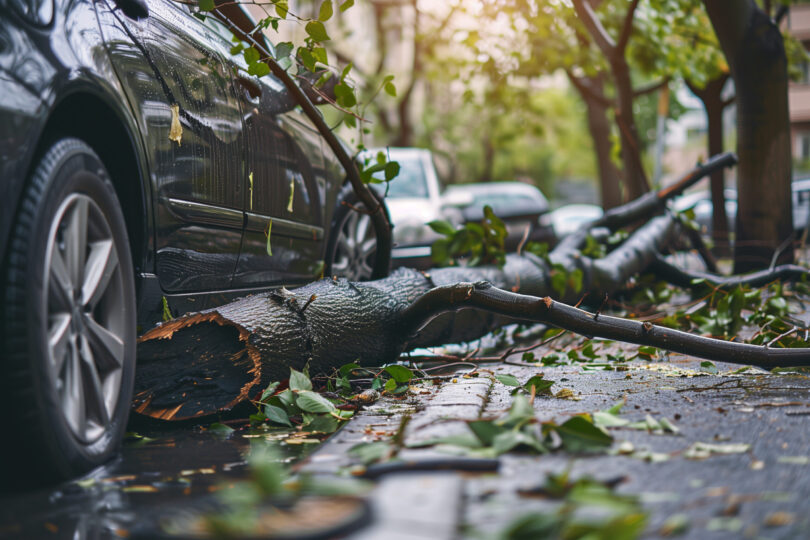QUESTION: What does the insurance agreement specifically cover about natural disaster situations?
ANSWER: The insurance agreement details the events covered and those not considered as such. In the context of natural disasters, the damages resulting from these phenomena (floods, waterlogging, fires, lightning, strong winds, falling objects, landslides, earthquakes, hurricanes, etc.) can be covered as long as such coverages are properly agreed. Usually, in residential insurance, the basic coverage (i.e., minimum coverage for contracting purposes) covers fire, explosion, smoke. Thus, it is essential that the insured consult an insurance broker to understand which risks are covered and which are excluded.
QUESTION: When does insurance cover damage caused by natural phenomena?
ANSWER: Generally, the coverage for damages caused by natural phenomena will depend on what the insured has contracted. Now using auto insurance, the market offers coverage for collision, theft/robbery, fire, explosion, and lightning. However, it is possible that other coverages are offered, such as: overturning, objects falling on the vehicle, explosion, hail fall, submergence due to floods, etc. That is why the assistance of a broker is capital for the insurance to cover the risks that the insured deems necessary.
QUESTION: What are the prices and rules of insurance against natural phenomena?
ANSWER: Insurance price will change according to some factors, such as the type of property insured, its price, and the region in which it is located. For example, price tends to be higher in areas with a higher risk of natural events, such as flood-prone areas.
QUESTION: What is the insurance deductible?
ANSWER: The deductible is the amount that the insured needs to pay in the event of a claim. It is a part of the price of repair or compensation that the insured pays directly, while the rest is covered by the insurer.
QUESTION: How a good auto insurance can be taken out?
ANSWER: To take out good auto insurance, it is important to consider the necessary coverage based on the use of the vehicle, the location where it is parked, the driver’s profile, and the risks involved. The ideal would be to seek a policy that covers, in addition to theft, collision, and natural phenomena, also optional civil liability and passenger personal accidents.
QUESTION: How to claim car insurance?
ANSWER: When a claim occurs, the insured must immediately notify the insurer, providing all the details of the event, such as a police report (if applicable) and photos of the damages. The insurer will open an internal process, and the repair or compensation will be released if the claim is covered by the policy. In fact, in many cases, the insurer will offer assistance, such as winch and emergency services.
QUESTION: What happens if compensation is denied?
ANSWER: The insured may try to resolve the situation directly with the insurer by submitting a request for reanalysis presenting their arguments or may also call the Insurer’s ombudsman. If you are unsuccessful, you may file a lawsuit if you believe that the right to compensation has been violated. In this case, the advice of a specialized lawyer is recommended to assess the situation and ensure that rights are preserved.
Autor: Gaya Lehn Schneider Paulino • email: gaya@ernestoborges.com.br • Tel.: +55 67 3389 0123

